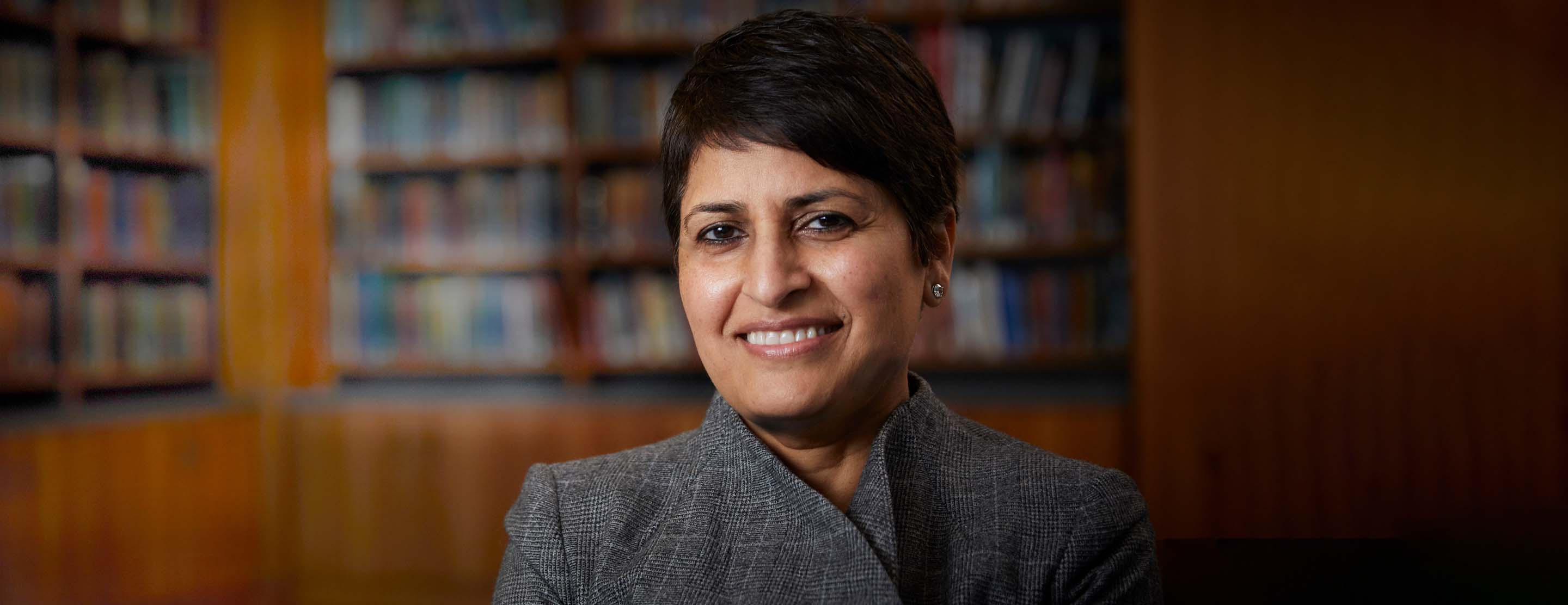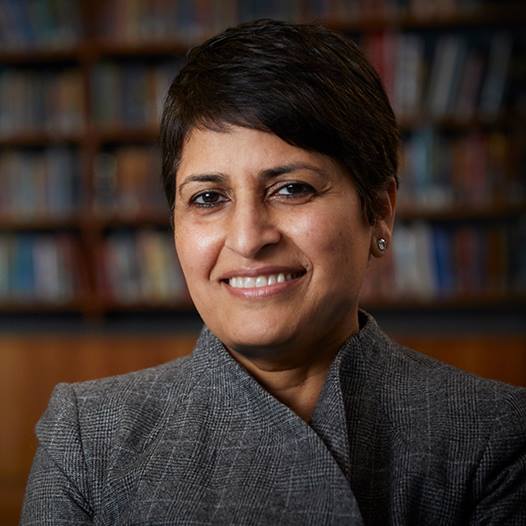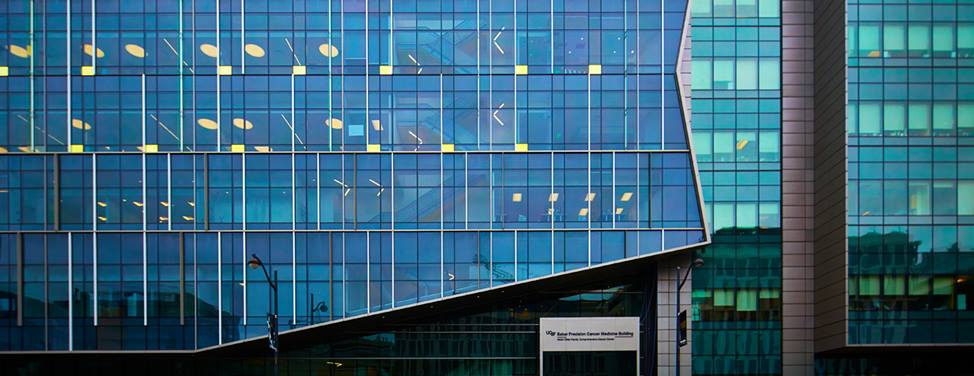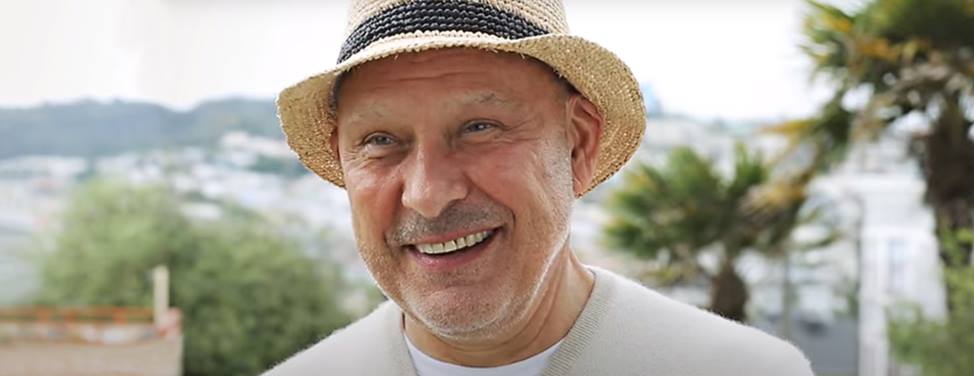Dr. Jasleen Kukreja is a lung surgeon and director of UCSF's Lung Transplant Program, one of the most successful programs in the nation in terms of patient survival. Below, Kukreja talks about what drew her to this specialty, the keys to the program's success and the thrill of helping the sickest patients survive and thrive.

Doctor Q&A: Jasleen Kukreja
What drew you to thoracic surgery?
When I was training as a general surgeon, I operated on everything but the chest. I was curious to find out what was on the other side of the diaphragm. The chest seemed like such a fascinating — almost spiritual — cavity.
Plus I knew not a lot of women went into cardiothoracic surgery, which made the career a challenging choice and, therefore, even more appealing.
Why did you choose UCSF?
I consider UCSF to be the Harvard of the West Coast. I came to UCSF in 2004 from Boston, where I had been training at Brigham Women and Children’s Hospital. UCSF is the ideal institution. It has excellent basic science research, clinical research and patient care expertise that have achieved national recognition.
What keeps you here?
I love the collaborative environment. Everyone is supportive of each other and that makes a big difference. There is a huge team effort behind every patient’s success story.
On a regular day, we don’t even think of our work as particularly remarkable and that’s what’s remarkable about the program.
UCSF's Lung Transplant Program is known for its excellent outcomes, in terms of patient survival and graft survival (survival of the transplanted lungs). What's the secret sauce?
Lung transplant is all about teamwork and we have a truly spectacular team. Every person in the program — pulmonologists, nursing staff, pre-op and post-operative coordinators, respiratory therapist, physical therapist, pharmacy staff and surgeons — is top-notch.
We also work very closely with patients to prepare them for transplant. That includes educating them about what to expect before, during and after surgery. By preparing our patients for what's to come, we can alleviate a lot of their anxiety.
UCSF has a reputation for accepting patients who are too sick to qualify for transplant at other centers. What's the key to success even with a high-risk patient population?
We don't shy away from high-risk patients and, it's true, we have been very fortunate to still have the best outcomes. I've had people who we were doing CPR on and then successfully transplanted and are now several years out. The majority of transplant programs would not take those patients, but I've had good success with them. Our success boils down to our aggressive perioperative management as well as long-term comprehensive monitoring. Again, it's all about teamwork.
How does it feel to save patients others deem too sick for transplant?
Restoring a person's ability to breathe is one of the most satisfying parts of my job. When I meet them, they are hanging on for dear life. After transplant, they send me photos, postcards from vacations where they are skiing, rock climbing, surfing, jogging and biking. Lung transplant patients are keenly aware that they've been given a second chance at life, and they don't want to waste a single second.
Who decides who gets donated lungs?
Lung transplants used to be performed on a first-come, first-served basis but we realized that the people who needed transplants most urgently (the sickest) were the least likely to survive the wait. Now the system is designed so that the sickest patients go to the front of the line because they stand to benefit the most. Since making that change, the number of patients who die while waiting for a transplant has declined.
What else goes into the decision?
Donated organs are a very precious resource. Each donor and recipient is very carefully considered and selected by the transplant team. We need to balance the needs of the recipient with the wishes of the donor’s family during what is usually a very painful time. The family wants the gift to be put to the best possible use. It's up to the transplant team to help discern who will benefit the most from this organ. We weigh each case from a scientific and ethical point of view. It's never an easy decision, but the complexity of each case is one of the things that makes organ transplant surgery so rewarding.
What do you like most about your job?
My job gives me an enormous amount of pleasure and satisfaction. I am exhilarated by what the human body is capable of overcoming. Not many people can say that about their jobs.
I also enjoy working with a team of people who are unbelievably brilliant and dedicated, while, at the same time, funny and easygoing. I am truly grateful for the experience.









